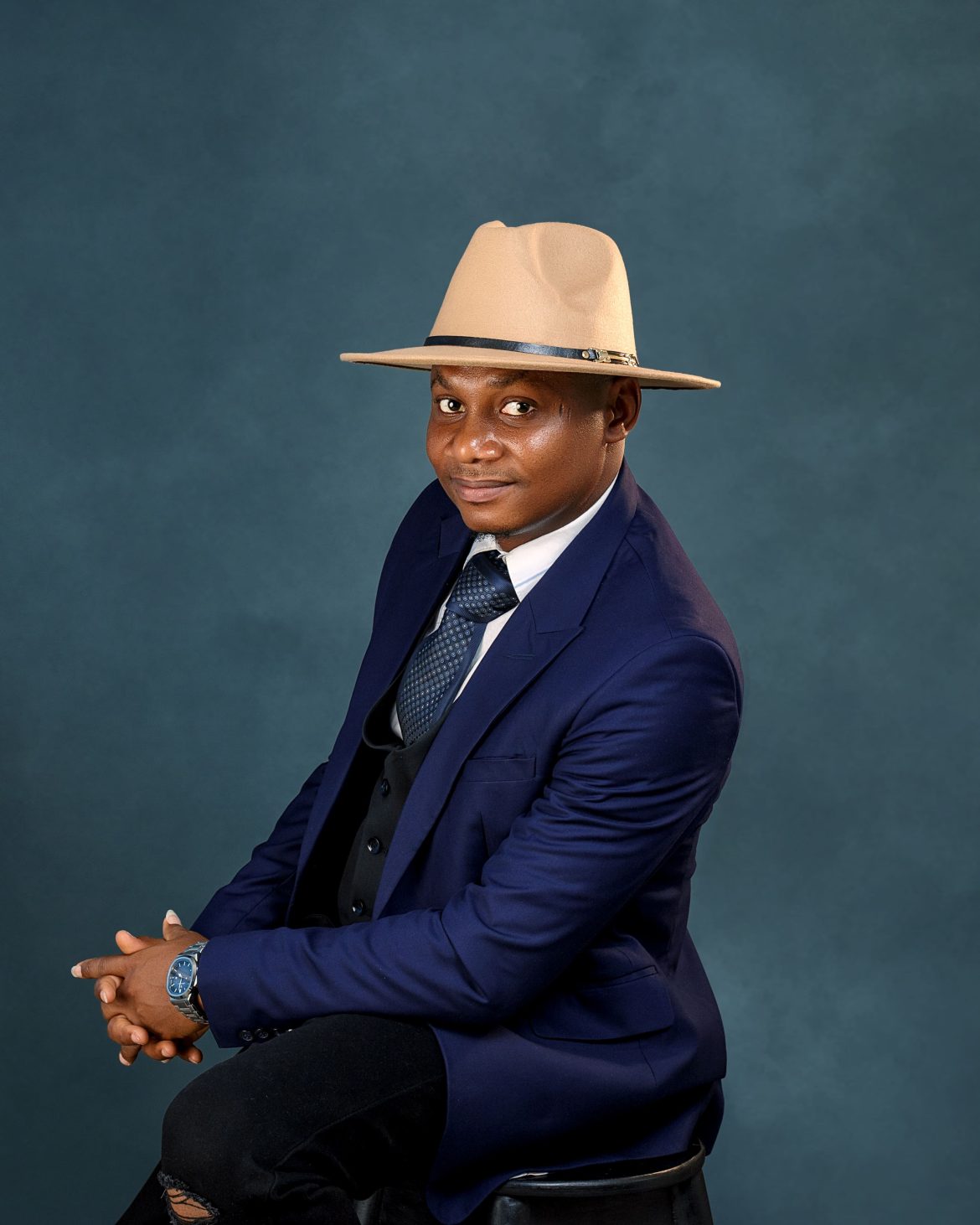The Art of Remembering: Chidozie Oliver Maduka and the Spirit of Stillness
To call Chidozie Oliver Maduka a fine art photographer is accurate but not complete. He is more than a man behind a camera; he is a weaver of memory, a quiet revolutionary, a soul who sees what most overlook. In a world hungry for immediacy and spectacle, Chidozie offers something rare: stillness with depth, silence that speaks, and images that remember.
Born in Nigeria and trained as a civil engineer at Kwara State University, Chidozie’s entrance into the world of photography began not with formal art school, but with instinct, observation, and emotional curiosity. While others chased perfect symmetry or trending aesthetics, he sought truth. In 2020, amidst the noise of academia, he picked up a camera and began a quiet transformation that would echo far beyond his immediate surroundings.
His work is rooted in themes both intimate and expansive: identity, ancestral memory, the ache of displacement, the flicker of hope, and the invisible weight of dreams deferred. These aren’t just concepts for Chidozie they are lived realities, embodied histories, and spiritual inheritances. He treats each subject, each frame, with reverence, building a visual archive of what it means to be seen, remembered, and felt.
A Language Beyond Words
Chidozie’s photography doesn’t shout; it whispers. And yet, it speaks volumes. Through rich textures, careful light, and symbolic composition, his images carry the weight of generations. They are not only beautiful they are intentional. As a cultural archivist, he doesn’t just document his subjects; he listens to them, and through that listening, allows their stories to breathe.
Each exhibition feels like a chapter in a much larger book one that he continues to write with every new project.
Ntughari Uche (Reflection), his debut solo exhibition in 2021, explored self-identity and the inner world with tender honesty. It invited viewers to pause and look inward, asking: Who are we beneath our inherited names?
Nchekwube (Hope), held in 2022, brought light into the shadows. This wasn’t naïve optimism, but a resilient kind of hope a flicker that survives war, silence, and loss.
Then came Atumatu Madu Lara Niyi (Drenched Dreams) in 2023. This body of work was heavy with emotional realism. Through subdued tones and expressive faces, he painted the quiet tragedy of unfulfilled potential, the generational ache of “what could have been.”
Alongside these major shows, his exhibitions Echo Chamber, Time is a Loop, Yesterday’s Tomorrow, Urban Myths, Faded Light, and Synesthesia each expanded his visual vocabulary. They explored memory as a nonlinear force, bending time and folding past into present, dream into reality.
Africa, Seen Through Its Own Eyes
Chidozie’s photography is unmistakably African not in a tokenized, exoticized sense, but in a deeply rooted, authentically felt way. His lens is guided by an Igbo consciousness that informs not just what he photographs, but how. Traditional motifs, cultural symbolism, and ancestral wisdom are ever-present. They do not decorate the image they define it.
Between 2023 and 2024, he brought this voice to international audiences with back-to-back exhibitions in Uganda at Afriart Gallery and Umojart Gallery. Both exhibitions were celebrated for their emotional gravity and cultural depth, expanding his influence across the continent.
His art has also found its way into prestigious spaces like the African Centre in London and Nigeria’s Yemisi Shyllon Museum of Art. Recognized by the Lagos State and Owerri governments, and featured in events like the Calabar and Edo State Festivals, Chidozie’s impact is unmistakable.
In 2023, he was named “Visual Artist of the Year” by La Mode Magazine. By 2025, his work was displayed at the La Mode Group 100 Most Influential Leading African Women event in the United Kingdom where, despite his absence, his art captivated global dignitaries, including former U.S. Senator Mona Das, who acquired one of his works.
Memory as Resistance, Art as Healing
For Chidozie, the camera is more than a tool it’s a vessel. A way to carry stories forward. A way to remember what systems would rather forget. A way to heal wounds that history never bandaged.
His images are archival in spirit and poetic in execution. They remind us that to remember is itself an act of resistance and an act of love.
He once said that photography allows him to “remember things that were never mine to begin with.” And in this, we begin to understand the soul of his work: it is not about ownership, but witnessing. Not about perfection, but presence.
Looking Ahead
As Chidozie Oliver Maduka continues to grow, evolve, and create, one thing remains certain his art will continue to matter. In a noisy world, he chooses quiet. In a fleeting culture, he chooses permanence. And in a global narrative too often told by others, he offers something deeply his own.
He is not just showing us images. He is showing us who we are—and who we have always been.
Through his lens, memory becomes a mirror. And in that mirror, we are finally seen.





Comments are closed.